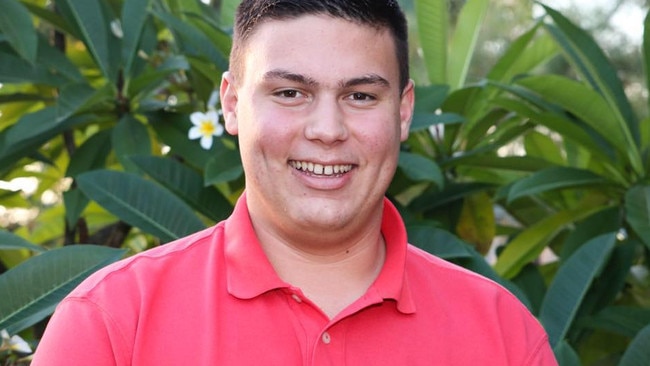AIEF: Are we really all in this together?
There is a constant uncomfortable truth that our nation must reconcile itself with: the treatment of our First Nations peoples.

‘We’re all in this together’ has become a ubiquitous slogan for leaders and commentators alike amid the global health crisis. Indeed, much has been written and said about working together to reach the other side.
Incidentally, ‘In This Together’ was the theme of this year’s National Reconciliation Week which concluded on 3 June.
We may be told that we are in this together, but there is one constantly uncomfortable truth that our nation must reconcile itself with; namely the treatment of our First Nations peoples.
This year’s Reconciliation Week theme reinforces that as a nation we must understand that we all have a responsibility to do business differently, in both our personal and professional capacities.
We must particularly acknowledge that the western legal system has been used, and continues to be used, to disempower First Nations peoples, leading to significant cultural destruction. Perhaps most importantly, we must recognise we have a vital role in ensuring a system that is just and seeks substantive equality.
Before adequately and successfully addressing the over-representation of First Nations people in the criminal justice system, any measures need to confront the harsh reality that successive governments designed policies and procedures to disadvantage and oppress First Nations people systemically.
Those cloyingly saccharine, feel-good announcements delivered by non-Indigenous Australians do not change the record. While their intentions are mostly good, these efforts have largely failed to achieve their desired outcomes.
Over the past week my social media accounts have been flooded with anti-racism messages and images from protests in the US. Now, the conversational spotlight has turned closer to home, illuminating the flaws in our own country.
This momentum must not disappear when this is all finished. We need the same people who are outraged and agitated now, to speak out if there is another Aboriginal death in custody. We need those same people to continue supporting us; to preference our voices, acknowledge us, respect us and listen to us.
This country has an issue with telling the truth. Australia’s white history began with genocide. It was built on stolen lands, stolen wages, and stolen children. Today, our First Peoples continue to experience breaches of the most basic human rights every day. A big part of the Uluru Statement is truth telling and until we start confronting some of the uncomfortable truths of this country, we will never reach meaningful reconciliation.
If we are to achieve true reconciliation in this country, we need smart, educated First Nations people to lead these conversations.
At 13 years of age I received a scholarship from the Australian indigenous Education Foundation (AIEF) to attend boarding school at Ipswich Grammar School. One thing I did not realise then, that I do now, some nine years later, was that the support from AIEF was more than just access to education. AIEF provided me with opportunity and supported me to amplify my voice.
My passion for the law was ignited many years ago when I attended a tertiary experience day with AIEF in Year 10. The terrible challenges facing our Aboriginal and Torres Strait Islander people in the justice system, including how the legal system has been used, and continues to be used, to disempower our people, became a huge motivation for me to do well in high school and study law at university. AIEF again supported me with a scholarship at university and now I am months away from graduating with a Bachelor of Laws with Honours at QUT in Brisbane.
Education has changed my life and has provided me with opportunities I could not have imagined. As the eldest of seven children, there is nothing better than going home to Gatton and seeing my younger siblings, and recognising that I am now their inspiration.
I believe that through truth and hope, success can be achieved. If young First Nations people are surrounded by truth and hope, with a strong education – then they can absolutely do anything.
Including First Nations’ knowledge and values must go beyond merely allowing First Nations’ peoples to be involved in panels, events and working groups. Our First Nations’ voices need to be understood, acknowledged and respected.
Wyatt Cook-Revell completed Year 12 in 2015 on an AIEF Scholarship at Ipswich Grammar School. The first in his immediate family to attend university, he is now an AIEF-BHP Tertiary Scholar at QUT



To join the conversation, please log in. Don't have an account? Register
Join the conversation, you are commenting as Logout